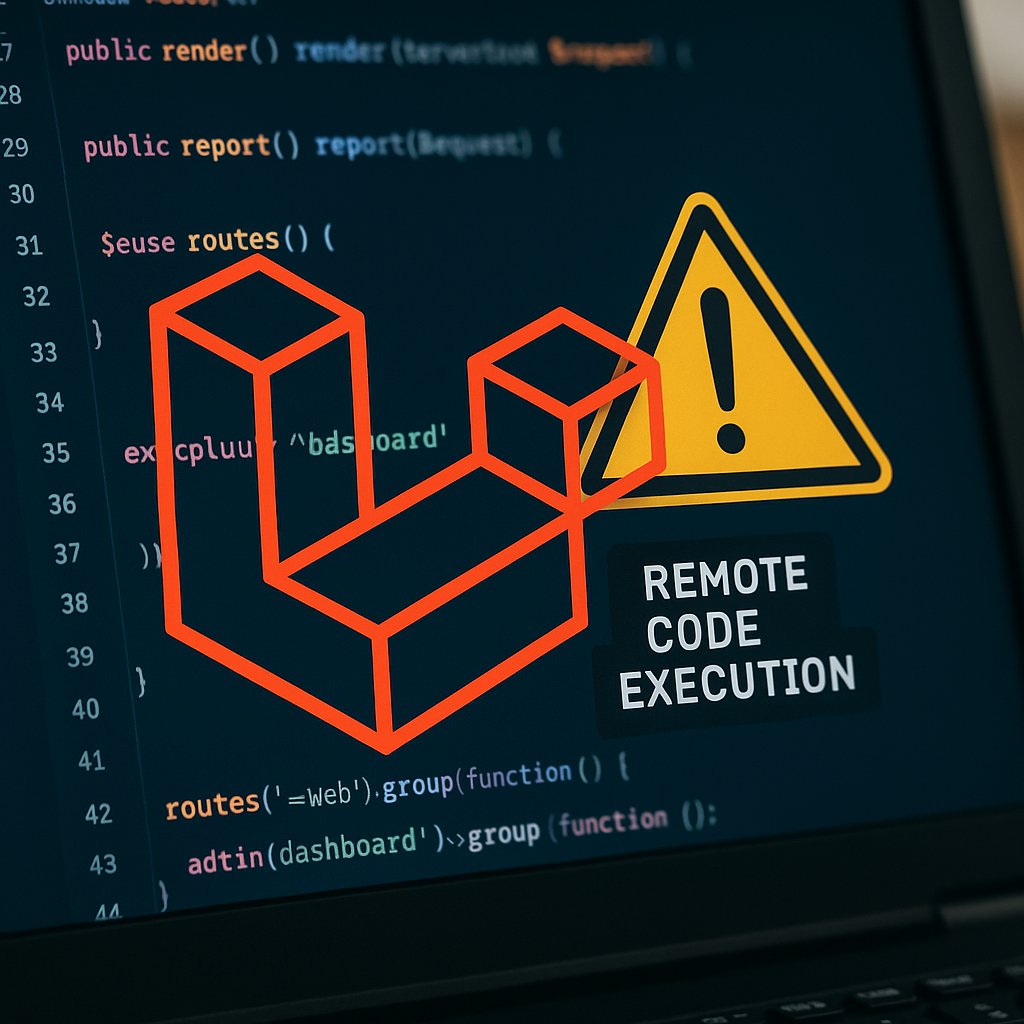Cybersecurity researchers have unveiled a significant vulnerability affecting the security of over 600 Laravel applications. This flaw enables the leakage of APP_KEYs, a crucial component for encrypting sensitive data, which can be leveraged by attackers to gain remote code execution capabilities on targeted servers.
GitGuardian, in collaboration with Synacktiv, reported an alarming finding: from 2018 to May 30, 2025, more than 260,000 APP_KEYs were extracted from GitHub, with 10,000 of them being unique. Of these, around 400 APP_KEYs were confirmed to be functional, thus potentially placing numerous applications at risk. If exposed, these keys can be exploited via a deserialization flaw, allowing attackers to execute arbitrary code on the server.
The APP_KEY, typically stored in the application’s .env file, is vital for various security functions, including data encryption and secure token generation. However, GitGuardian warned that Laravel’s implementation of the decrypt() function introduces vulnerabilities, which can be manipulated by attackers if they manage to obtain the APP_KEY and utilize a crafted payload.
This security issue isn’t merely theoretical. It echoes previous vulnerabilities noted in Laravel, particularly CVE-2018-15133 and the newly discovered CVE-2024-55556, which continue to expose applications to risks, especially when session serialization is improperly configured. An alarming 28,000 APP_KEY and APP_URL pairs were found to be concurrently exposed on GitHub, raising serious concerns about the potential for remote code execution attacks.
To mitigate these risks, experts emphasize that developers need more than just deleting exposed keys. They should implement immediate rotation strategies, continuous monitoring, and ensure proper handling of sensitive data to prevent future leaks. Ultimate reliance on secure configurations and managing .env files effectively remains key in safeguarding applications from such vulnerabilities.

